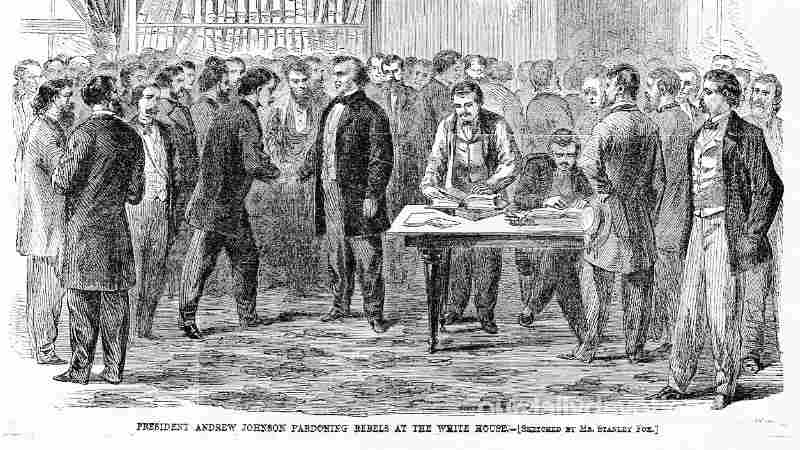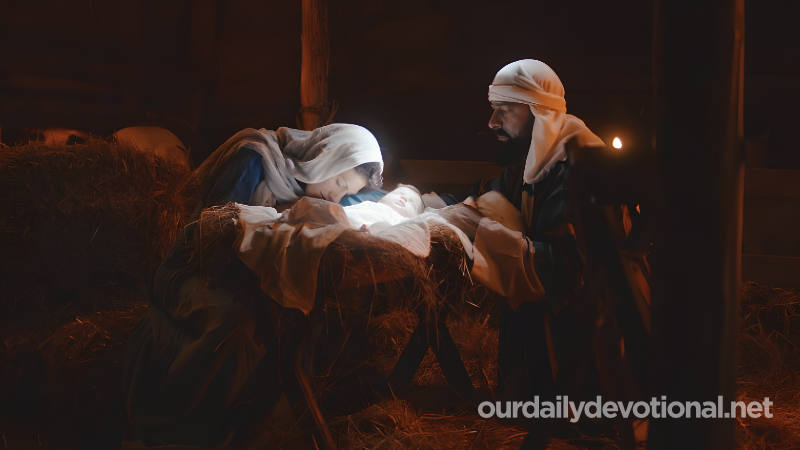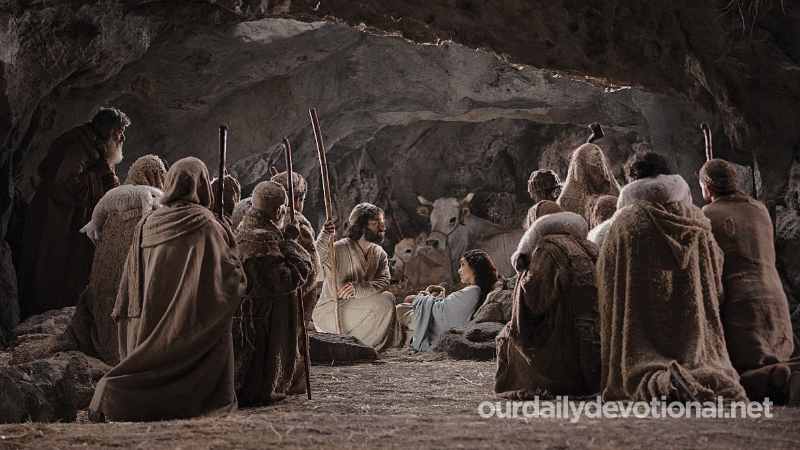The shape of the ancient books was that of a long scroll with a stick at each end. These sticks were used to roll one end while unrolling the other during the reading of the book. Before the book could be read again the operation had to be reversed.
They were made of skins, and generally only one side was written on. The term “written on both sides” would show a complete record (Ez. 2:9, 10; Rev. 5:1). The scroll form explains that a book could have several seals, rolling up a portion of the book and affixing a seal; overturning another section, another seal, etc., as appears with the book mentioned in Revelation (Rev. 5:1 ff.).
In ancient nations, records were kept written on cylinders or stone tablets, or on clay tablets, which were then dried or fired. Many of these tablets have been found in excavations carried out in Nineveh, Babylon and many other places.
When Ezra was working to rebuild the city and the Temple of Jerusalem, his opponents wrote to the king of Persia asking that "the book of memories" be searched for confirmation of his charge that Jerusalem had been a rebellious city (Ezra . 4:15).
Undoubtedly, "the book of memories" was a collection of stone or baked clay tablets. Veritable libraries of tablets have been found in various excavations throughout the Middle East.
The term "book" is used symbolically of the content of the book, such as prophecies or predictions. Ezekiel and John were ordered to eat some books that were presented to them (Ez. 2:8, 9; 3:1-3; Rev. 10:9; cf. Jer. 15:16). It is also used symbolically of the records written in a book about men (Ps. 56:8; Dan. 7:10; Mal. 3:16; Rev. 20:12). Several books that have disappeared are mentioned in the Bible:
(A) The battles of Jehovah (Num. 21:14). The quotation given is poetic, so the book may have been a collection of odes due to Moses about Jehovah's battles.
(B) Book of Jasher (Josh. 10:13; 2 Sam. 1:18). These quotes are also from poetry.
(C) Book of Samuel about “the laws of the kingdom” (1 Sam. 10:25), which was kept before Jehovah.
(D) The book of the acts of Solomon (1 Kings 11:41), probably the official records of the kingdom.
(E) The books of Nathan, Gad, Ahijah, and Iddo, concerning the acts of David and Solomon, which were undoubtedly public records of the nation, with which were associated the prophecies of Ahijah and the visions of Iddo (1 Chr. . 29:29).
(F) The book of the prophet Shemaiah (2 Chr. 12:15).
(G) The book of Jehu (2 Chr. 20:34).
These references show that when the historical parts of the OT were written, there was additional information about the kingdom in the books mentioned, if it had been sought to be obtained, but that there was no special reason to include it in the divine record.
Meaning of BOOK
The shape of the ancient books was that of a long scroll with a stick at each end. These sticks were used to roll one end while unrolling the other during the reading of the book. Before the book could be read again the operation had to be reversed.







